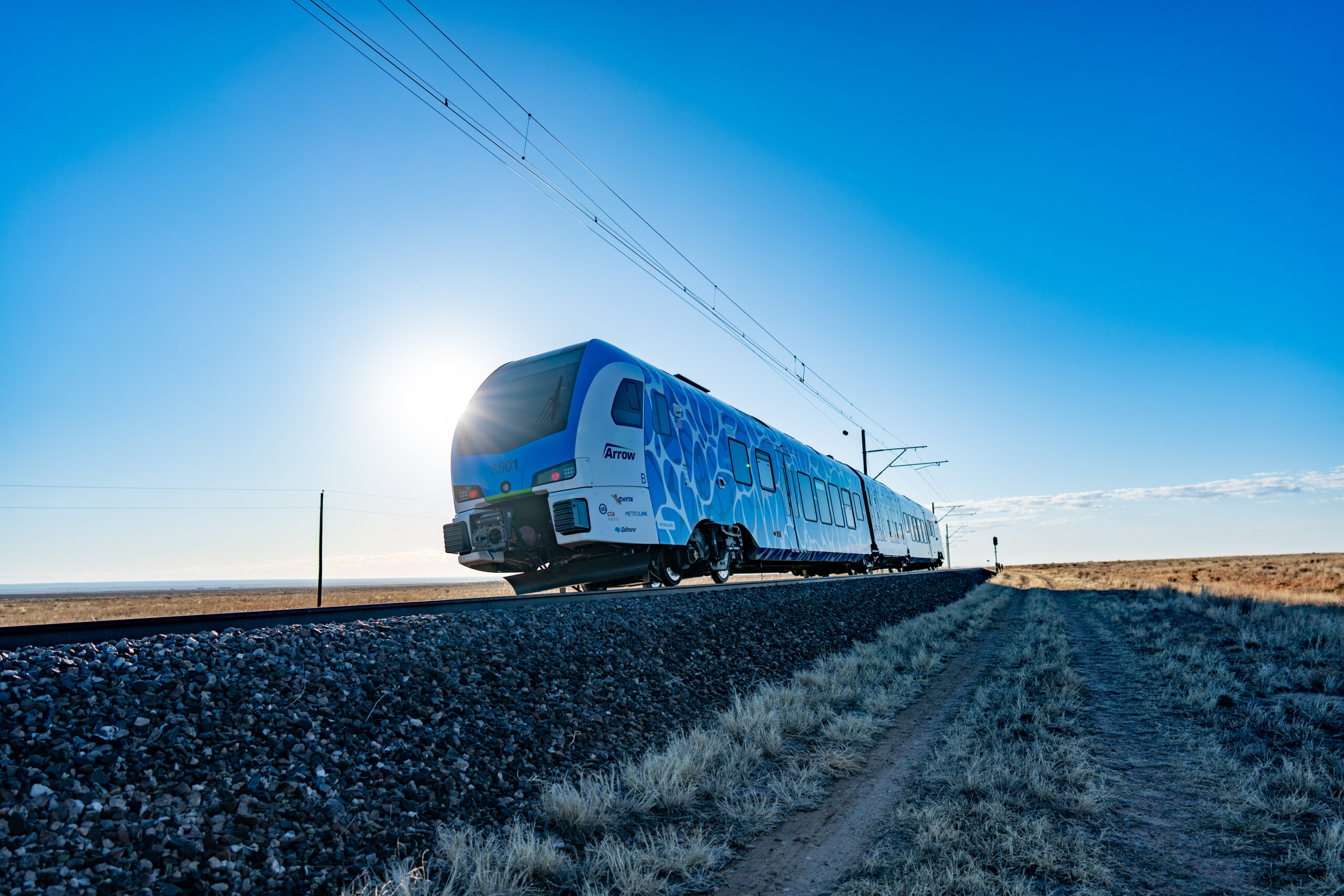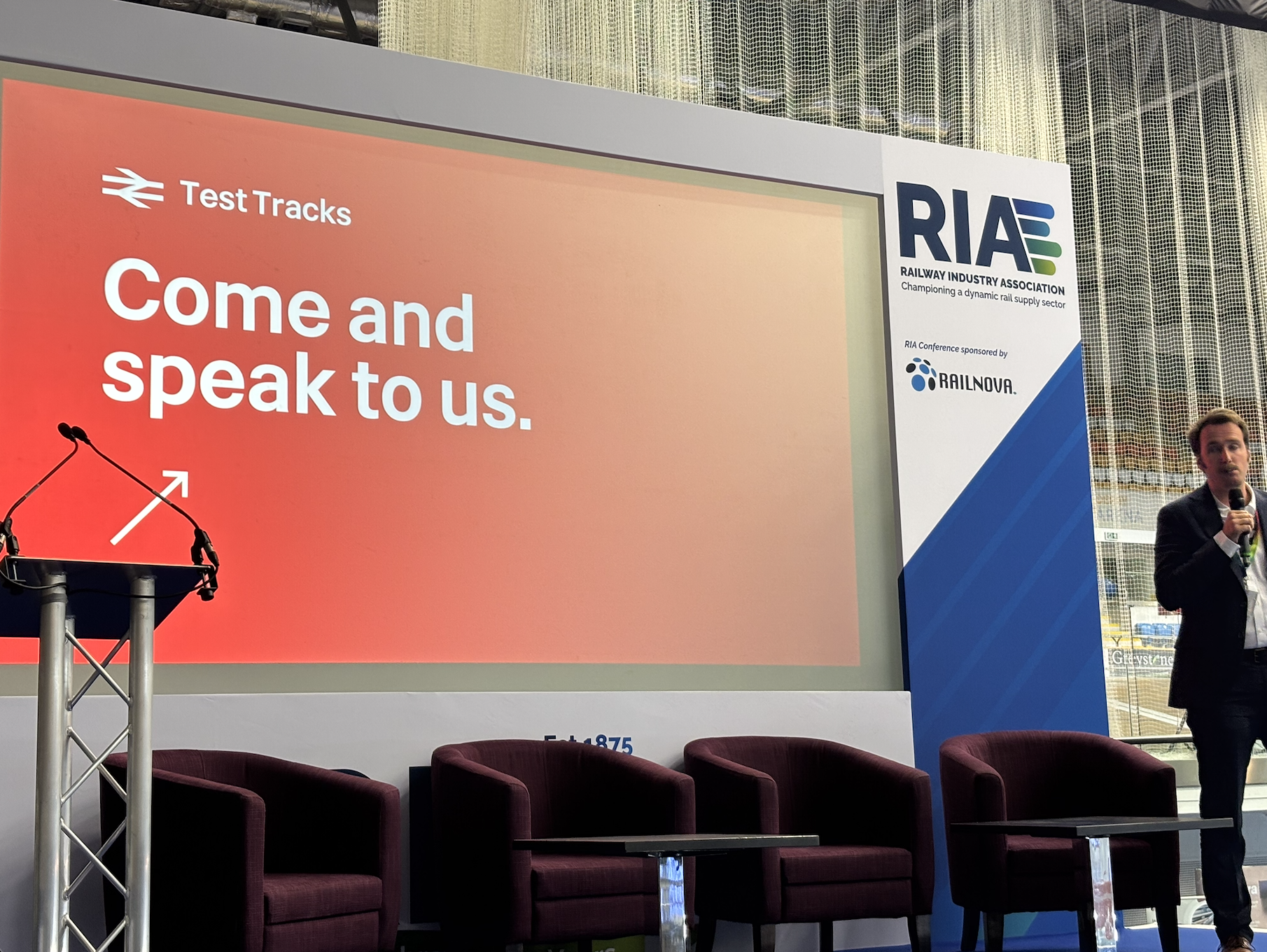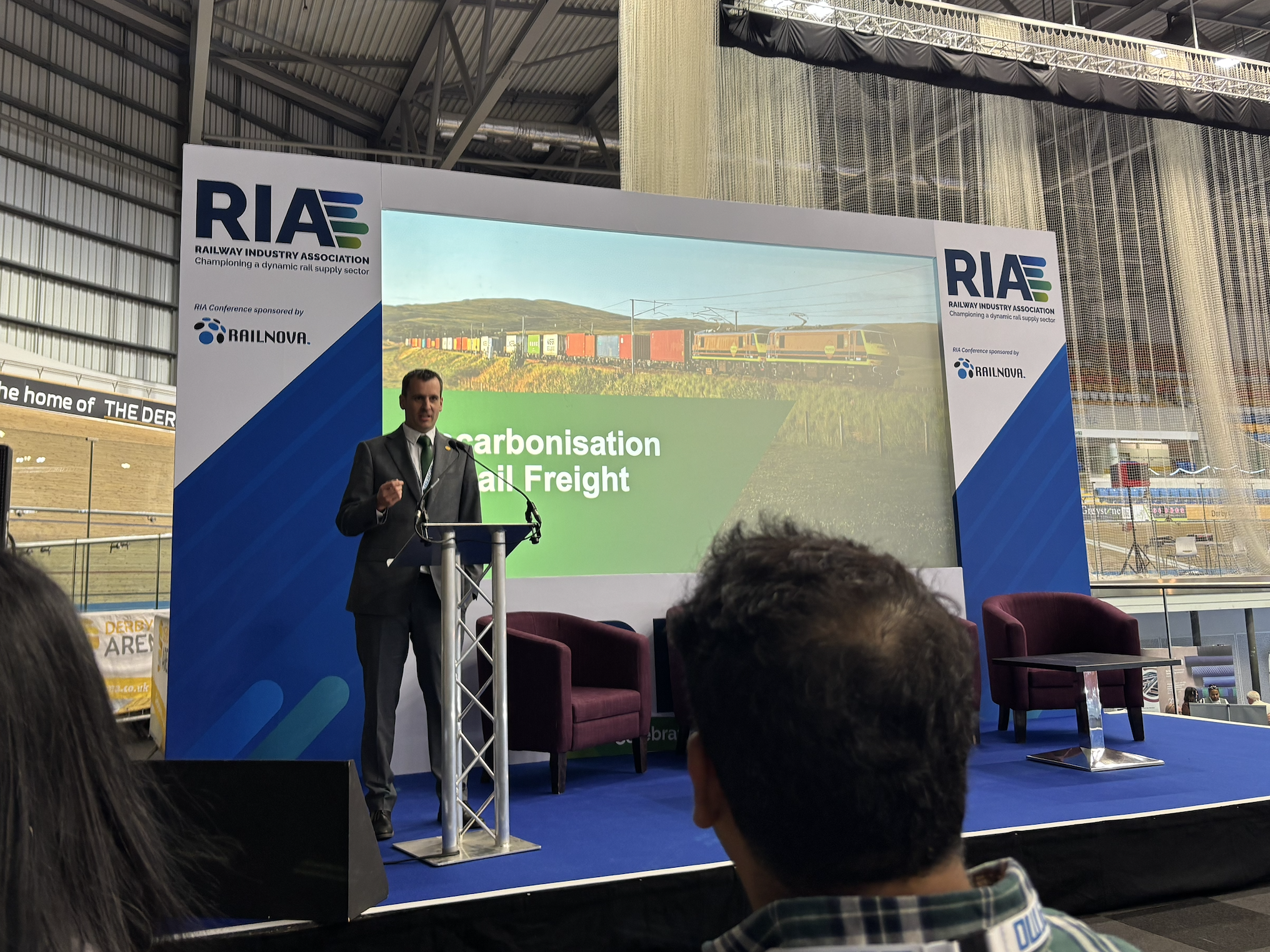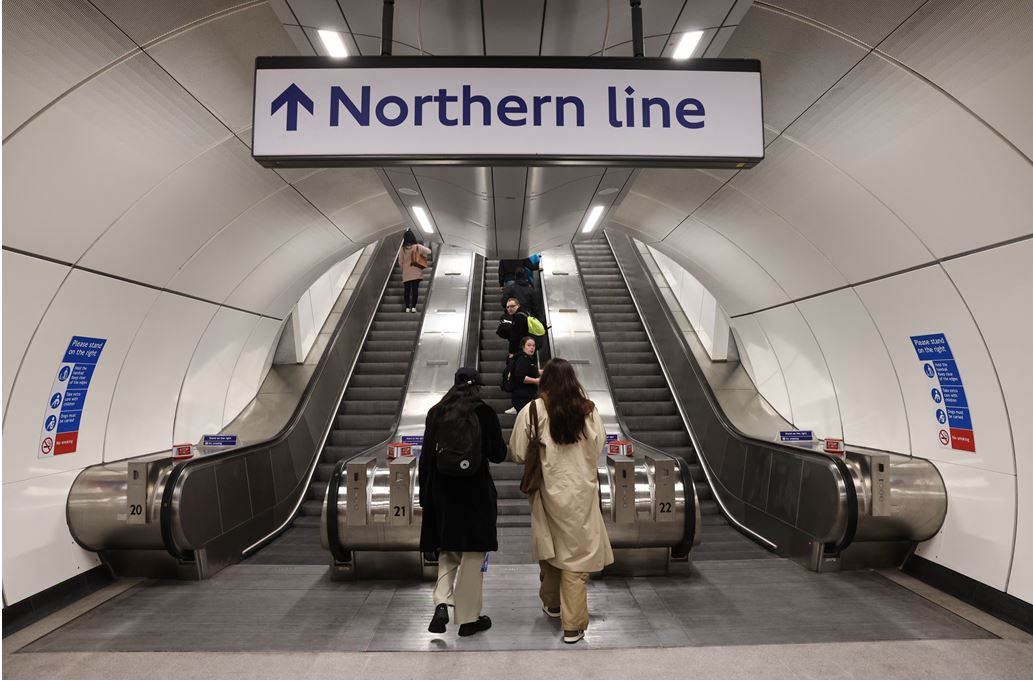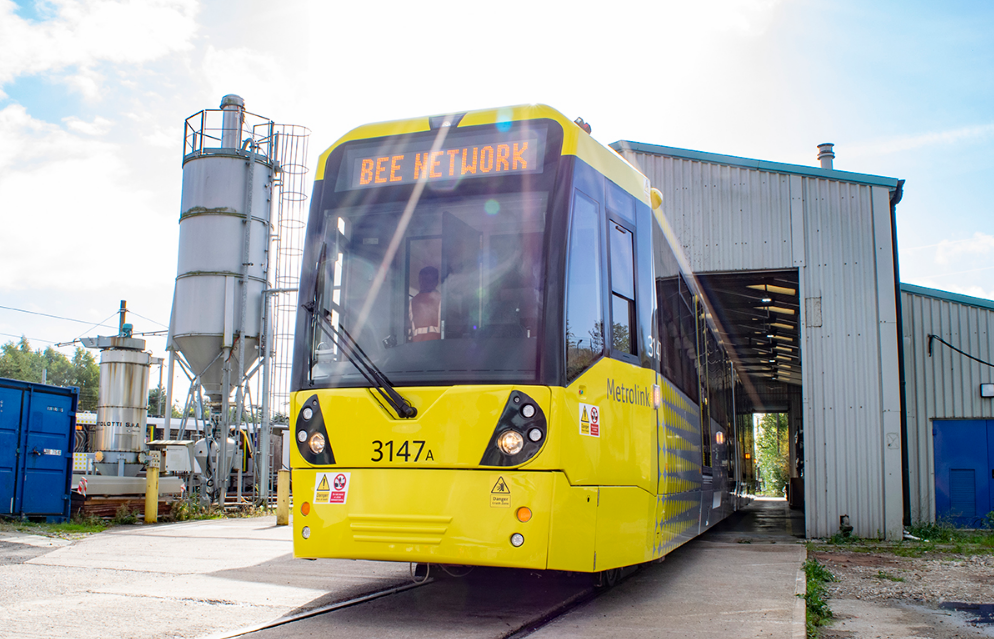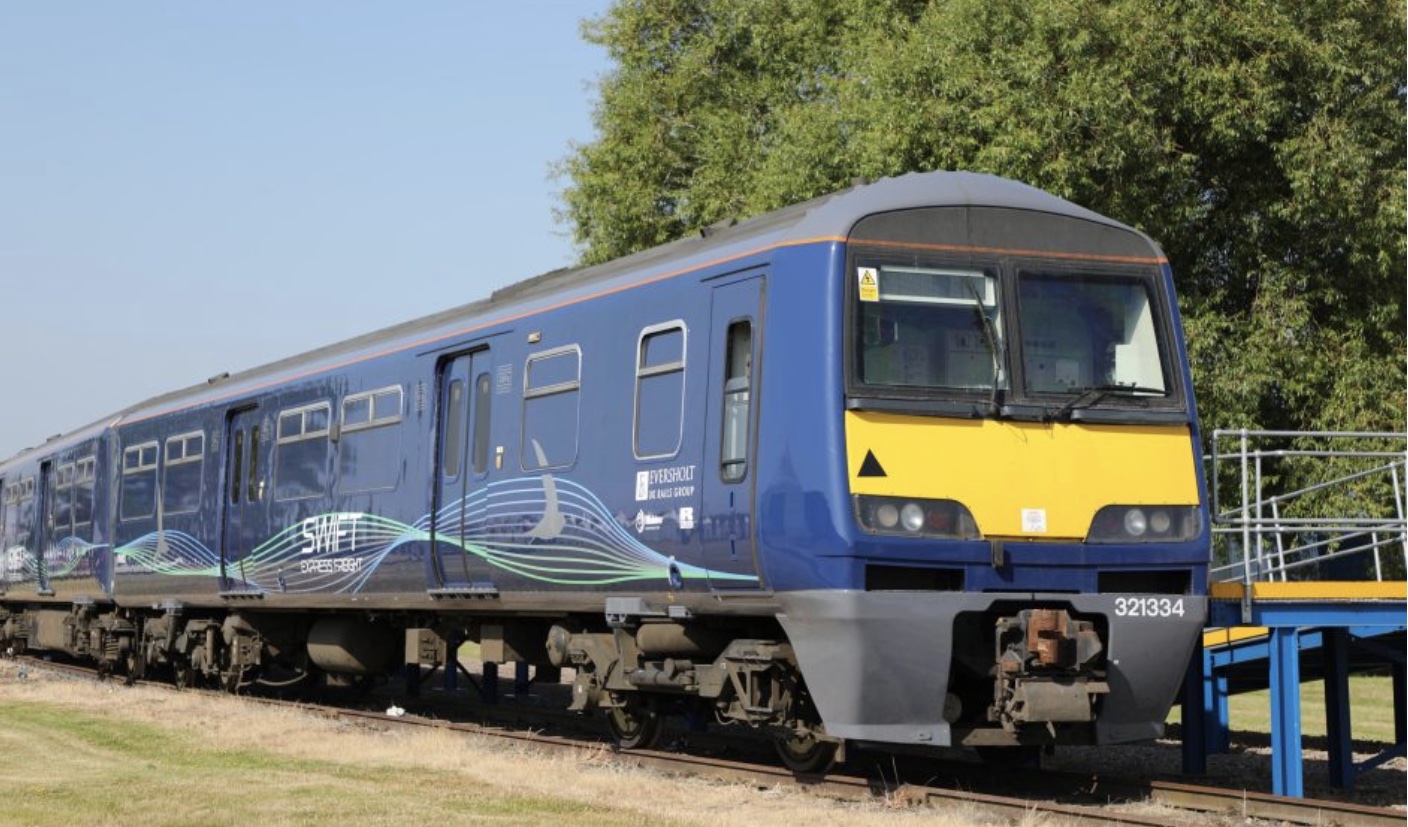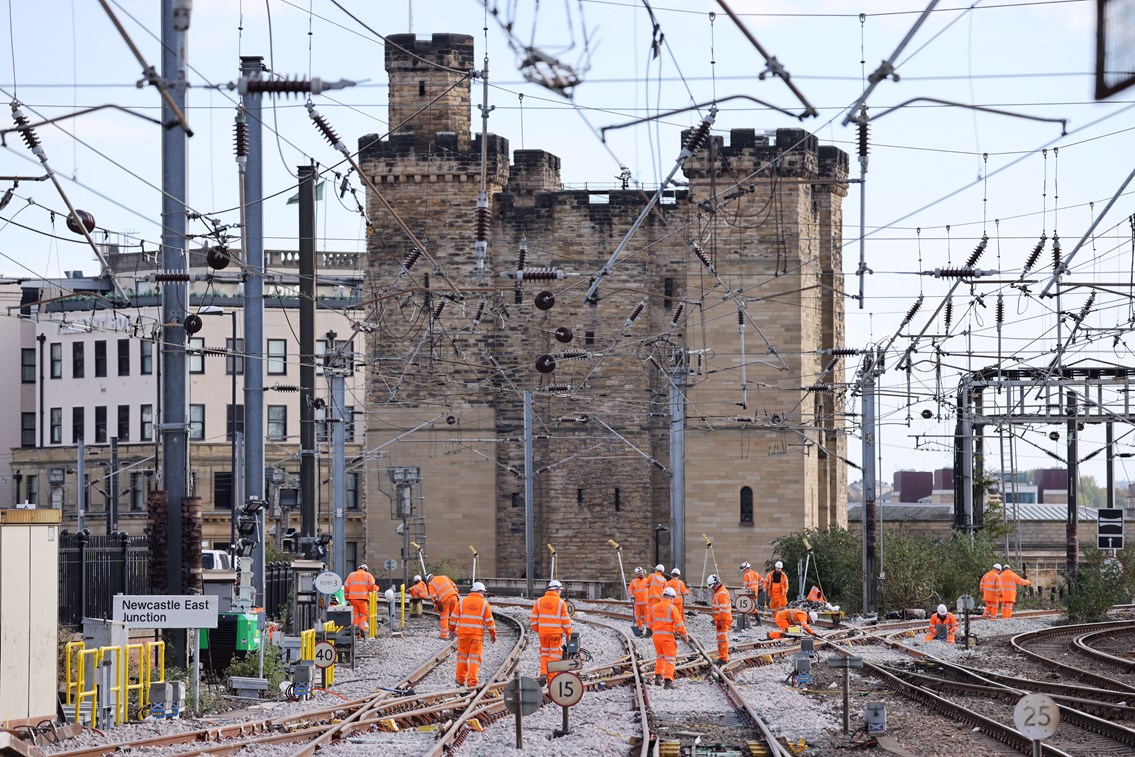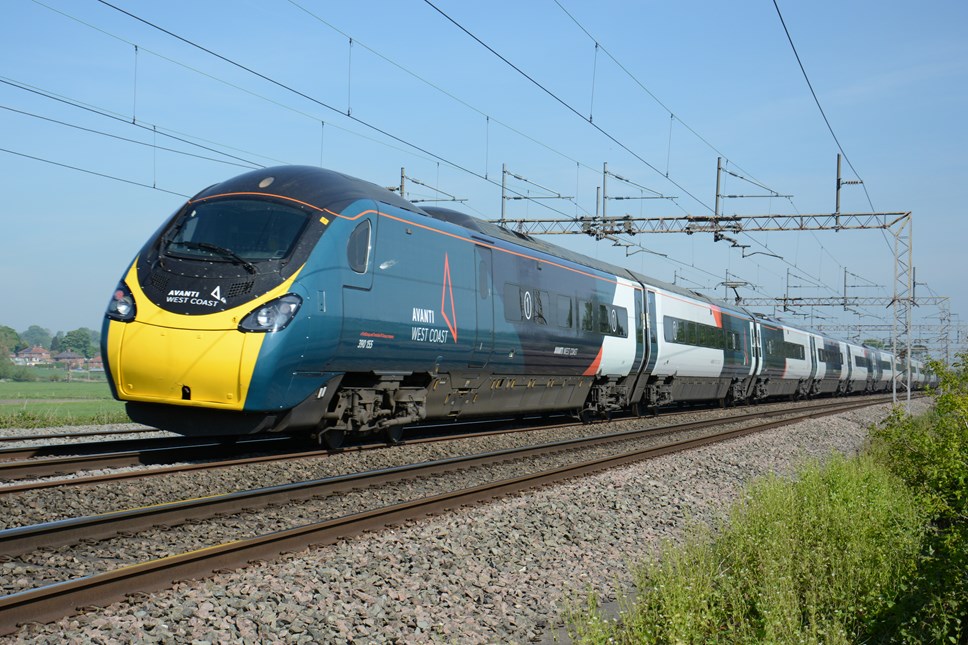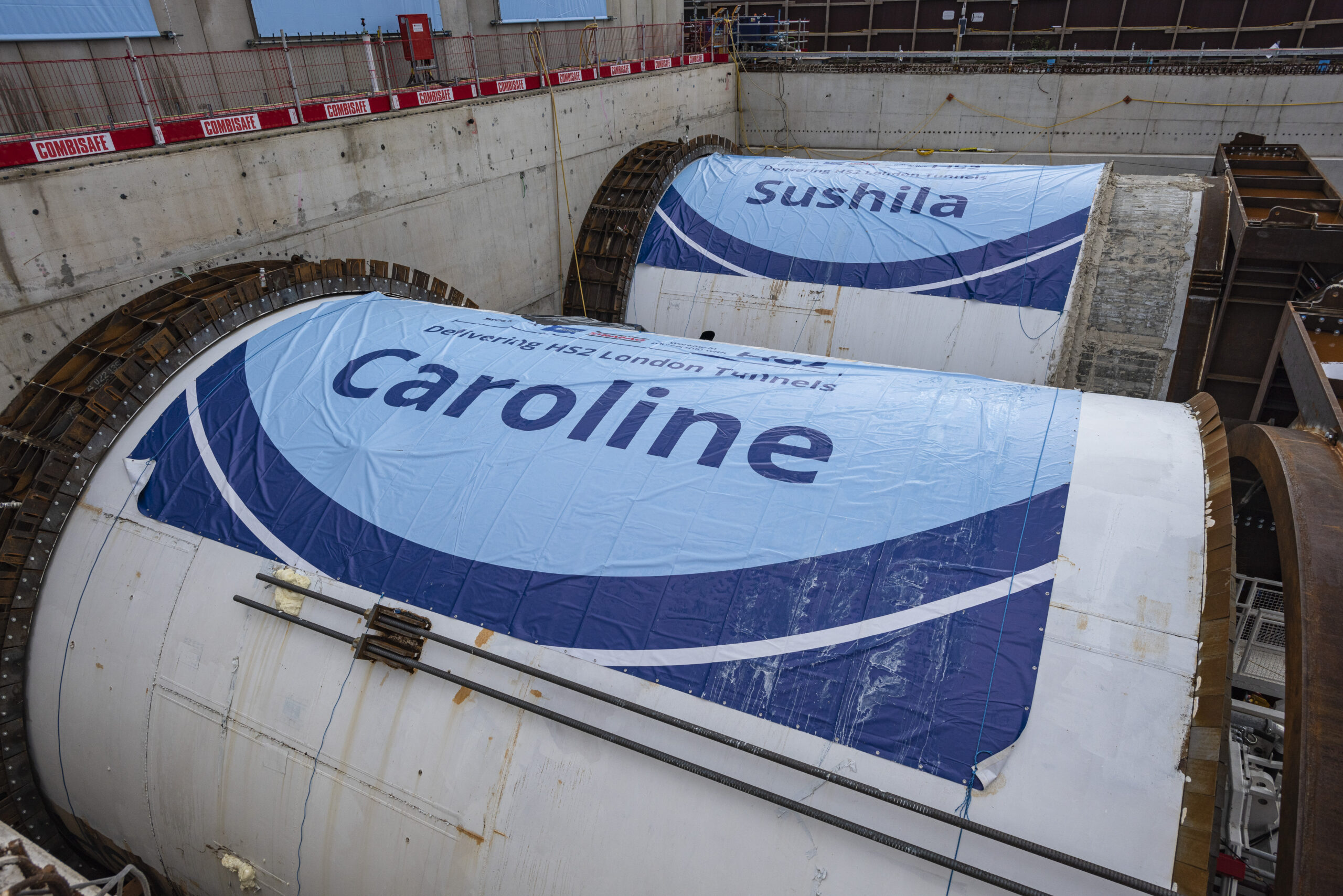Normally, if you want to travel from London to Liverpool by train, you’d start from Euston.
A few weeks back, though, I decided to take a different route. Instead of going to Euston and heading north west, I would go to Kings Cross and travel north, to Leeds. There, pausing only to grab a coffee, I would head to platform 16, where I would take a TransPennine Express train heading west. It would take a bit longer, yes; but the views of the hills around Huddersfield would be worth it.
There were several reasons I decided to do this slightly eccentric thing. One was that I wasn’t in any hurry, and being on a train is great. (I’m assuming you already know that.) Another was that, Avanti, the train operating company (TOC) for now in charge of the West Coast Mainline, is currently a well-publicised mess. Stories abound of last-minute cancellations, or would-be passengers attempting to book a journey only to be told no tickets are available. Management blames the unions; the unions blame management. The latter are more in the right on it, I think, with a side-order of blame for the Treasury, too, but this righteousness is of little use if you’re actually hoping to reliably travel between two destinations on Avanti’s route. And so, I went looking for a workaround.
But there was another reason I was going the long way round. When, a few weeks ago, I used this space to write about Avanti, a chap named David replied on my Facebook page. “I’m afraid the current fuss about Avanti is a classic example of London bias,” he wrote.
“…What Avanti have inflicted on their passengers is fairly modest compared to what TransPennine Express have inflicted on communities like mine between Manchester and Leeds over several months. What we continue to suffer at the hands of TPE is worse than during the notorious May 2018 timetable, has gone on for longer, and TPE are unwilling or unable to say when it might improve. Because it’s not affecting London, it doesn’t matter.”
All this felt uncomfortably familiar. In May 2018, Govia Thameslink Railway, a sprawling rail franchise providing services to the north and south of London, introduced a new timetable which was meant to see a huge increase in services on the cross-London Thameslink route. What actually happened was that the network was unable to cope, vast numbers of trains were cancelled and GTR was front-page news for days, never a great sign for a rail franchise.
Even as this mess was at its worst, however, rail passengers at the other end of the country were rolling their eyes. Northern Rail had been facing a similar crisis since the last timetable change the previous December, only their version involved less frequent services, trains more likely to have two carriages than twelve, and a part of the network universally agreed to have been worse to begin with. This, though, had not been front page news, and it was hard to avoid the suspicion it was because it does not involve London.
David’s comment brought back that familiar feeling of London-centric shame – because, as with the crisis on Northern back in 2018, I honestly hadn’t realised things on TransPennine Express were that bad. Perhaps news hadn’t reached me because the West Coast Main Line was the most vital rail link in the country, and the TransPennine route was merely very important. Perhaps it was because a lot more people travel by train to London than to any city in the north (although this is surely not a variable independent of the fact it has the better rail services).
But surely at least part of it was that most of Britain’s journalists work in London rather than somewhere served by TransPennine Express. There were stories about that route (“TransPennine Express passengers urged to limit travel this weekend amid cancellations”, ITV News, 2 July; “Rail passengers face further misery as long distance services cancelled”, STV, 23 July), but far fewer than the acres of coverage that greeted the crisis on Avanti.
To some extent, the under discussed crisis on TPE looks a lot like the highly publicised one on Avanti. Both have faced strikes, after a row with the RMT about pay; both have staff keen to show their power by working to rule. Both, in what is probably not a coincidence, are largely (Avanti) or completely (TPE) owned by FirstGroup. And both are coming under pressure from the Treasury to bear down on costs.
But there is a significant difference between the two, which is that the infrastructure of the West Coast Main Line has received care and investment from government and the Transpennine route hasn’t. The Northern Hub rail scheme, first proposed in 2009, would have seen assorted missing links added to the network in order to untangle services and remove conflicting paths; its then projected cost of £530m gave it a higher cost-to-benefit ratio than either Crossrail or HS2. The Ordsall Curve, on the western side of Manchester, was later constructed (that was what lay behind the 2018 timetable changes); but other aspects of the scheme were “reviewed to ensure best value”, which is Treasury code for “LOL, no”. The two extra through platforms at Manchester Piccadilly, proposed yet perpetually unbuilt, have since become symbolic of a lack of investment in the north.
Now, the Northern Hub has been “superseded” by the Great Northern Rail Project, which, best one can tell – nobody is going out of their way to make this clear – is “some of it”. Electrification – something so basic to a modern railway that it’s a shock to be reminded it’s still not been done – has followed a similar path.
The result of all this is a northern rail network reliant on infrequent services, with not enough carriages, and a TransPennine Express Facebook on which helpful warnings of engineering works are greeted with comments like “You will cancel the trains for no reason anyway”.
And so, that day in late September, I took an LNER train from King’s Cross to Leeds. There, I bumped into another journalist who’d decided to take the same route to Liverpool, which made me feel it wasn’t that crazy after all. Then, I’d realised the entire population of the north was en route to the Super League Final at Old Trafford, and most of them seemed to be gathered on platform 16, and I realised that it was.
But then, a train appeared, and they all got on it. And when the Liverpool train pulled in a few moments later, it was running on time, and blissfully empty. The worst I could say about it was that the wifi didn’t work.
And so, I still haven’t had the authentic northern rail experience. Londoners really do get all the luck. The views of the Pennines west of Huddersfield were gorgeous, though. It’s worth the trip. If the trains are running.
About Jonn Elledge
Jonn Elledge is a journalist and editor who specialises in transport and local government. Former assistant editor of the New Statesman.

















